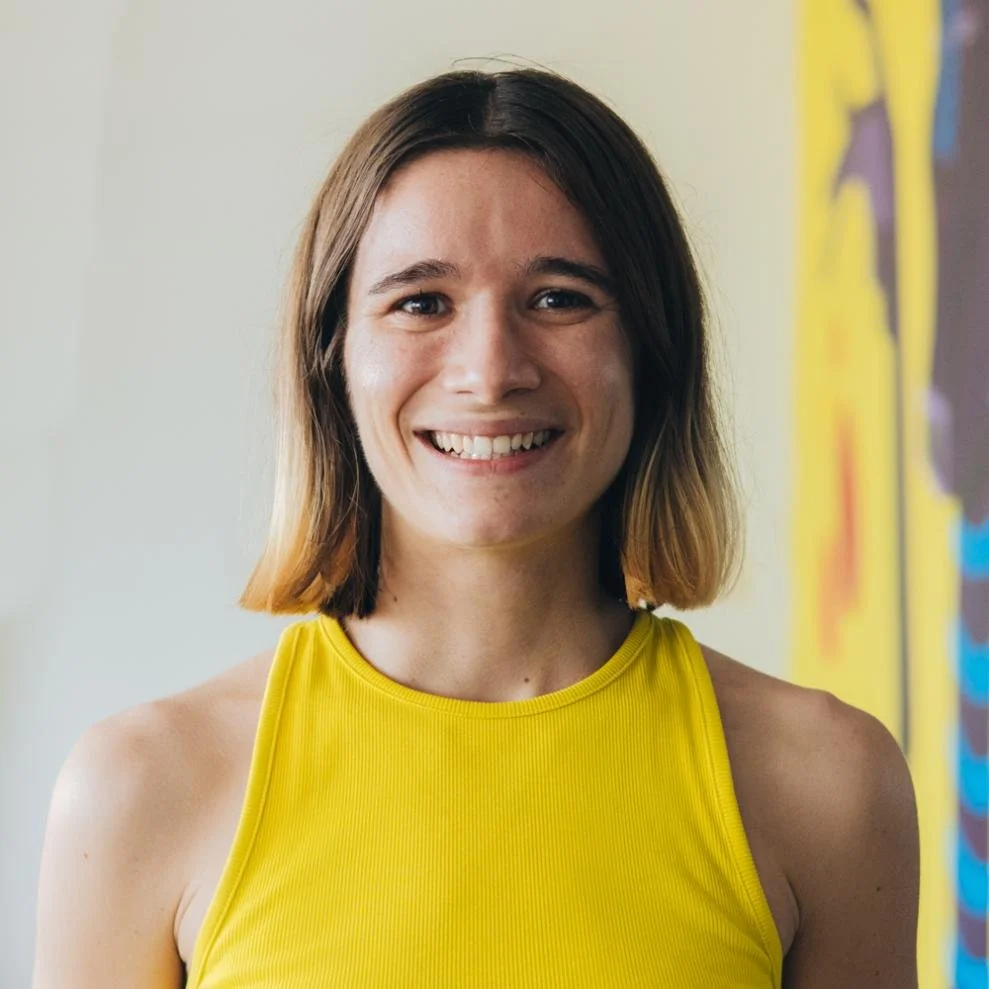Conference 3: Interview with THE OR foundationDuring the webinar Clémence Faure, design researcher and advocacy coordinator at the OR Foundation in Ghana, presented the progress of several initiatives and campaigns the OR Foundation is working on.
She began highlighting the #speakvolume campaign in Ghana, which aims to combat pollution caused by the overproduction and export of second-hand clothing and TLC waste in Africa in particular.
This topic was the subject of a position paper on ”Paving the Way for Responsible and Circular Textile Waste - Management on a Global Scale” which was piloted by Paris Good Fashion in collaboration with Vestiaire Collective and presented to the European Commission last autumn (published on 7 September 2023; find the position paper here).
Furthermore, Clémence stressed the importance of Extended Producer Responsibility (EPR).
3 Key learning points from the conference The OR Foundation focuses on a Justice-led Circular economy which prioritises the prosperity of the people who have been made most vulnerable by the linear economy.
1. Waste Management
“Every Garment is Waste Until Proven Otherwise”
Kantamanto market, Accra in Ghana is one of the world’s largest second-hand markets with experts transforming around 100 different items of clothing into upcycled pieces every day.
Kantamanto market receives around 15 million garments every week and the community spend around $325million USD every year on garment bales of which $182million USD is paid back to the Global North exporters. Furthermore, these bales don’t guarantee quality clothes or profit, around 40% of the bales leave Kantamanto as waste which also results in financial loss for the buyer of the bale.
Investment in waste management is essential because textiles which cannot be upcycled are discarded around Kantamanto which leads to various negative health and environmental impacts on the people living there.
2. Impact on people’s health and environment
“There Is No Retail Utopia”
Textiles which cannot be recycled block waterways and gutters and form metre long tentacles which can release toxic chemicals making the water unsafe to drink. Furthermore, the build-up of landfills displaces people and cause fires. The OR foundation provide a fire safety training program which equips the Kantamanto market with fire extinguishers which has helped to avoid 3 fires so far.
Kayayei is the term used for women and girls who carry the bales on their heads to transport them from different locations, and the Kantamanto market is reliant on them. However, this role comes with irreversible health risks such as broken bones and immobility in the neck.
3. Extended producer responsibility (EPR)
“Globally Accountable EPR is contingent on the Definition of Waste”
EPR is a policy which implies clothes producers will pay a fee for each product they put on the market. This would lead to exporters being held more accountable for waste management in their own locations and policies deciding which garments can legally be distributed across the world. However, an important step to developing these policies is defining the term “waste”.
The third conference was held on the 13th of February 2024.
Photo: OR Foundation
Photo: Clémence Faure
About the OR Foundation
Established in 2011, The OR Foundation is a public charity operating between the USA and Ghana.
Working at the intersection of environmental justice, education and fashion development, their mission is to identify and manifest alternatives to fashion – alternatives that bring forth ecological prosperity, as opposed to destruction, and that inspire citizens to form a relationship with fashion that extends beyond their role as consumers.
About Clémence Faure
Prior to her involvement with OR, Clémence Faure, a 25-year-old French national, pursued studies in design. She commenced collaboration with the Foundation on material projects. Before embarking on her journey at the OR Foundation in Ghana, she sought to gain a deeper understanding of the foundations's dynamics. Consequently, she stayed and started working as Design Researcher & Advocacy Coordinator.
RESOURCES
Find the recorded conference on YouTube here.
Sign the petition “Make EPR Globally Accountable” via stopwastecolonialism.org .
Find the position paper ”Paving the Way for Responsible and Circular Textile Waste - Management on a Global Scale” by Paris Good Fashion & Vestiaire Collective here.
We were mentioned here:
LinkedIn (Paris Good Fashion)
PRESS



